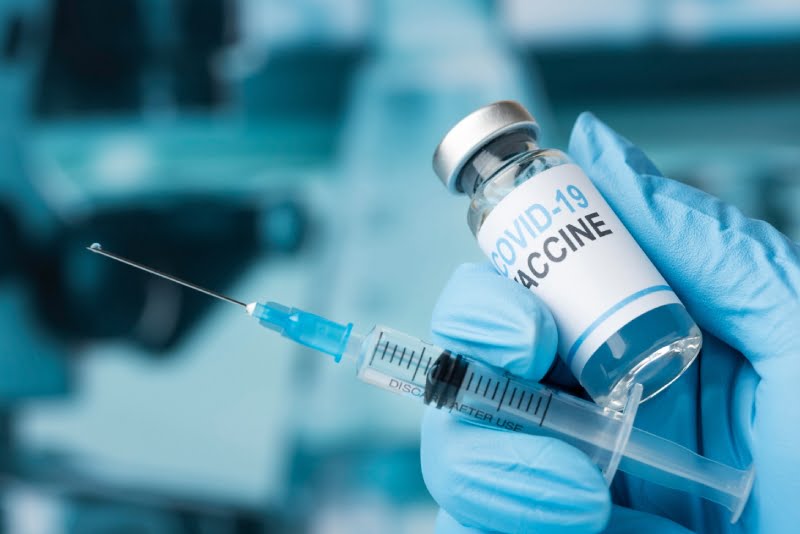
Machine Learning for Vaccine Development: Enhancing Pharmaceutical R&D
April 1, 2024
The development of vaccines is crucial, particularly in responding to new health threats. Machine learning (ML) plays a significant role in improving the processes involved in vaccine research and development. This article explores the integration of ML in these processes, showcasing how it's being used to speed up vaccine formulation and improve the accuracy of efficacy predictions.
Streamlining Vaccine Formulation
Machine learning is being applied to predict interactions between vaccines and the human immune system, crucial for identifying viable vaccine candidates rapidly. This approach is particularly beneficial when addressing emerging diseases, where time is of the essence.
"Machine learning enables us to sift through extensive data sets to pinpoint promising vaccine candidates much faster than traditional approaches," notes Dr. Emily Roberts, a computational biology researcher.
Improving Predictive Analytics
Machine learning's ability to analyze complex, multifaceted data makes it invaluable for predicting how different demographic groups will respond to vaccines. This is vital for ensuring that vaccines are effective across diverse populations.
Case Study: Enhancing COVID-19 Vaccine Development
During the COVID-19 pandemic, researchers employed ML to analyze genetic data and immune responses quickly. This application of ML significantly shortened the time required to identify effective vaccine candidates and move them into clinical trials.
With ML, the initial screening of vaccine candidates during the COVID-19 crisis was reduced from months to just a few weeks.
Addressing Challenges
The adoption of AI and ML in vaccine development isn't without its hurdles. Data quality, ethical considerations concerning data usage, and integration with existing systems pose challenges that need to be managed carefully to fully benefit from ML capabilities.
Looking Ahead
As ML technology evolves, its role in vaccine development is set to expand. Prospective developments include real-time monitoring of vaccine efficacy and automated updates to vaccine formulas in response to virus mutations, aiming for a more adaptive vaccine development process.
Machine learning is significantly enhancing the efficiency and effectiveness of vaccine development in pharmaceutical R&D. By accelerating development timelines and improving efficacy predictions, ML helps better respond to global health challenges, paving the way for more responsive and adaptive vaccine strategies.
© 2024 ITSoli